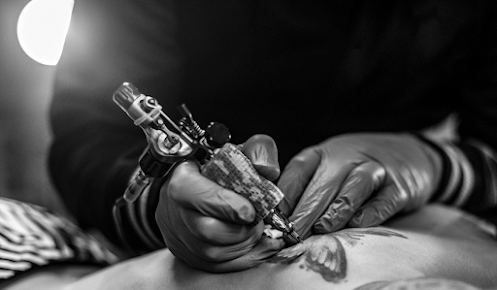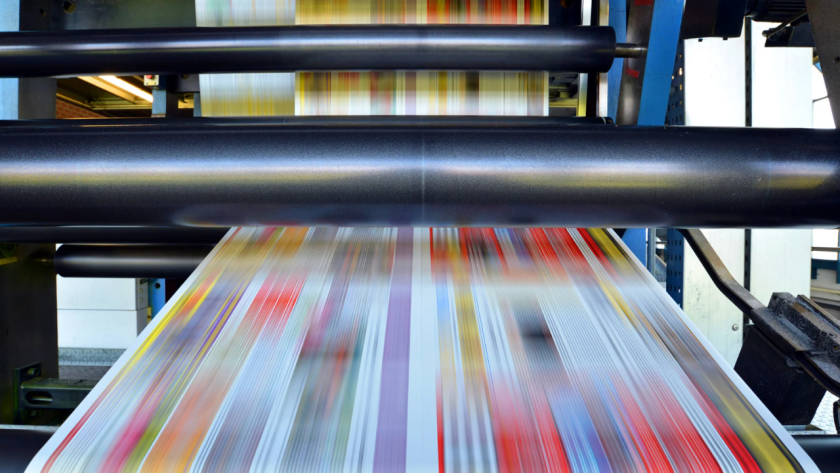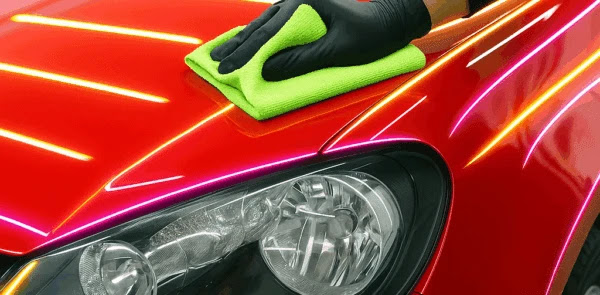The art of tattooing is as ancient as civilization itself, with roots tracing back to indigenous tribes and ancient cultures
around the globe. Over the centuries, tattoos have evolved from cultural and spiritual symbols to personal expressions
of identity and aesthetics. Today, advancements in technology are revolutionizing the tattoo industry, offering new
possibilities and transforming the ink experience for both artists and clients.
Digital Design and Precision
One of the most significant technological advancements in tattooing is the integration of digital design tools. Artists
are now using sophisticated software to create intricate designs with precision and detail that were once
unimaginable. These tools allow for the manipulation of images in three dimensions, enabling artists to visualize
how a tattoo will look on a specific part of the body. Clients can see realistic previews of their tattoos before the
needle ever touches their skin, ensuring that the final product meets their expectations.
Moreover, digital design tools facilitate collaboration between the artist and client. Clients can provide feedback and
suggest alterations during the design phase, resulting in a more personalized and satisfying tattoo experience. This
technology not only enhances creativity but also reduces the risk of miscommunication and dissatisfaction.
Advanced Tattoo Machines
The tattoo machine itself has undergone significant technological advancements. Modern machines are lighter, more
ergonomic, and equipped with features that reduce pain and speed up the tattooing process. Rotary machines, for
example, have become increasingly popular due to their quiet operation and ability to deliver consistent ink flow.
These machines are powered by motors rather than coils, resulting in smoother and more precise lines.
In addition to improved machines, advancements in needle technology have also transformed the tattooing process.
New needle configurations and materials allow for finer details and shading, providing artists with more versatility
and control over their work. These improvements make the tattooing process more efficient and less painful for
clients, creating a more enjoyable experience overall.
Smart Ink and Health Monitoring
Another exciting development in tattoo technology is the creation of smart ink. Researchers are exploring the use of
bio-sensitive ink that can change color based on various physiological conditions. For example, certain inks can
detect changes in blood sugar levels or UV exposure, making them useful for individuals with diabetes or those
prone to sunburns. This innovation turns tattoos into functional health-monitoring tools, merging aesthetics with
practicality.
Furthermore, advances in ink formulation have led to the development of hypoallergenic and vegan-friendly inks.
These new inks are designed to be safer for the skin and reduce the risk of allergic reactions, expanding the
accessibility of tattoos to a broader audience. The emphasis on health and safety in ink production is a testament to
the industry’s commitment to evolving in line with modern standards and consumer demands.
Virtual Reality and Augmented Reality
Virtual reality (VR) and augmented reality (AR) are making waves in the tattoo industry by enhancing the client
experience and improving the design process. Tattoo studios are beginning to use VR headsets to immerse clients in
a virtual environment where they can see their chosen design on their body before committing to the tattoo. This
technology allows clients to experiment with different placements and sizes, ensuring they are completely satisfied
with their decision.
AR applications offer a similar benefit by allowing clients to use their smartphones or tablets to visualize tattoos in
real-time. These apps overlay digital designs onto the user’s skin, providing a realistic preview of how the tattoo will
look. This interactive experience reduces the uncertainty and anxiety often associated with getting a tattoo,
empowering clients to make more informed choices.
Tattoo Removal Innovations
While technological advancements are enhancing the tattooing process, they are also revolutionizing tattoo removal.
For many, tattoos are a lifelong commitment, but changes in personal circumstances or preferences can lead
individuals to seek removal. Traditional removal methods, such as laser treatment, can be painful and
time-consuming. However, new technologies are emerging that promise more effective and less invasive solutions.
One such innovation is the development of specialized lasers that target specific ink colors more precisely, thereby
reducing the number of sessions required for removal. Additionally, new creams and topical solutions are being
researched that could break down ink particles in the skin, offering a non-invasive alternative to laser treatment.Baltimore tattoo removal services are embracing these cutting-edge technologies to provide clients with safer and
more efficient options for removing unwanted ink.
The Future of Tattoo Technology
As technology continues to advance, the possibilities for the tattoo industry are endless. We may soon see the rise of
robotic tattoo artists capable of executing designs with unparalleled precision. AI-driven design algorithms could
assist artists in creating even more intricate and personalized tattoos. Moreover, continued research into smart ink
technology may lead to tattoos that can monitor a wider range of health indicators, further blending art with science.
The integration of technology into the tattoo industry is not without its challenges. Artists must adapt to new tools
and techniques, and clients must navigate an increasingly complex array of options. However, these advancements
hold the promise of enriching the tattoo experience, offering new levels of creativity, personalization, and
functionality.
Conclusion
The fusion of technology and tattooing is transforming the ink experience in profound ways. From digital design and
advanced machines to smart ink and AR applications, these innovations are enhancing creativity, precision, and
client satisfaction. As the industry continues to evolve, the traditional art of tattooing is being redefined, opening up
exciting possibilities for artists and clients alike. As seen in places like Baltimore, tattoo removal and application are
becoming more sophisticated, offering safer and more efficient options for those who seek to express themselves
through this timeless art form.




